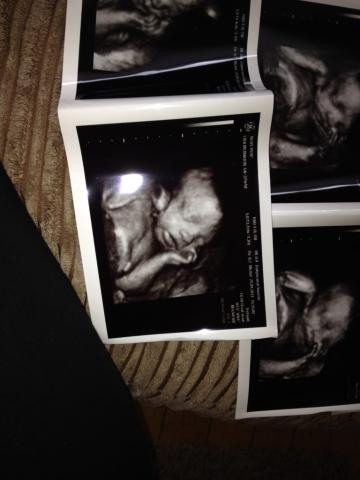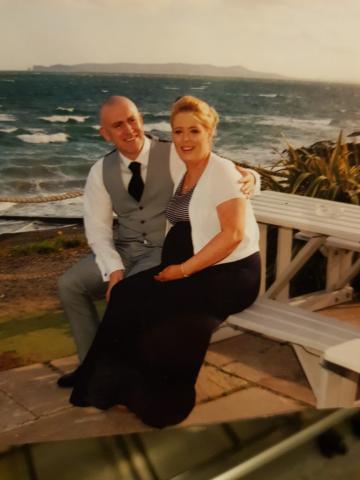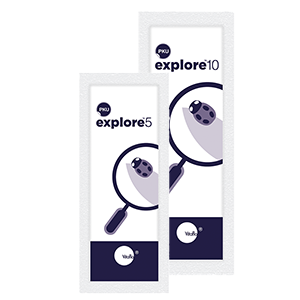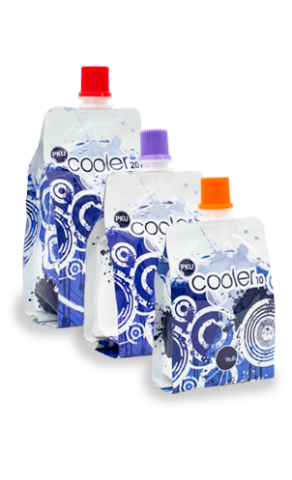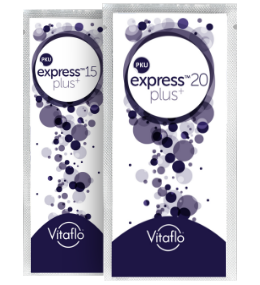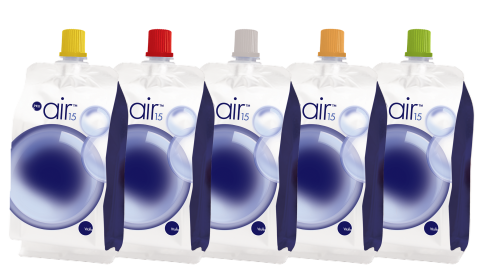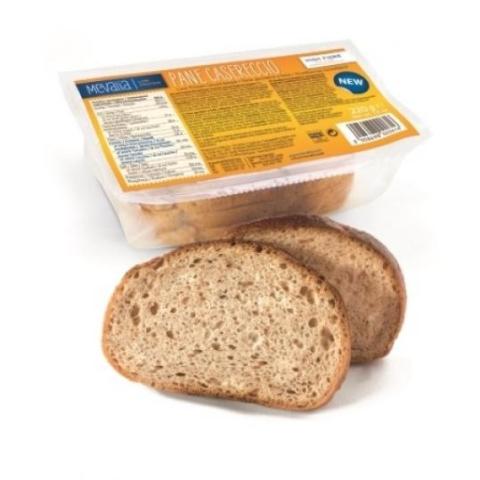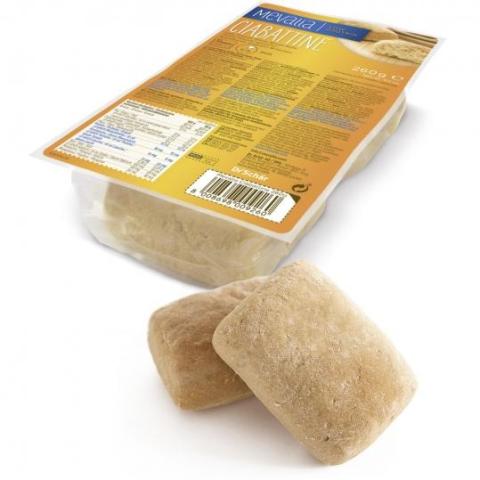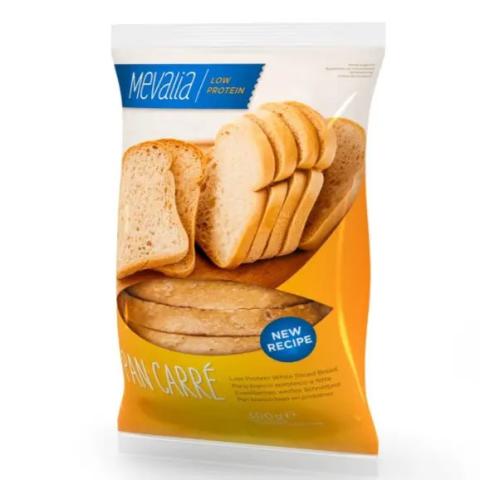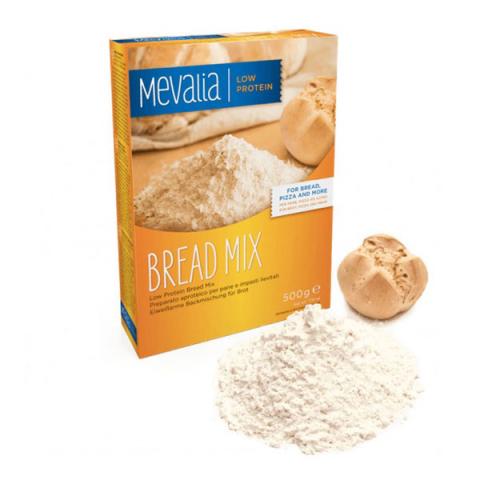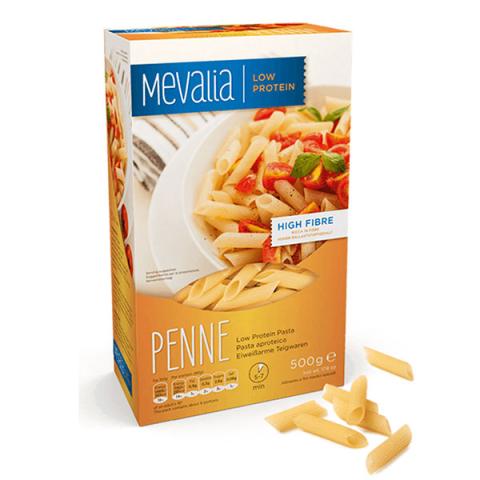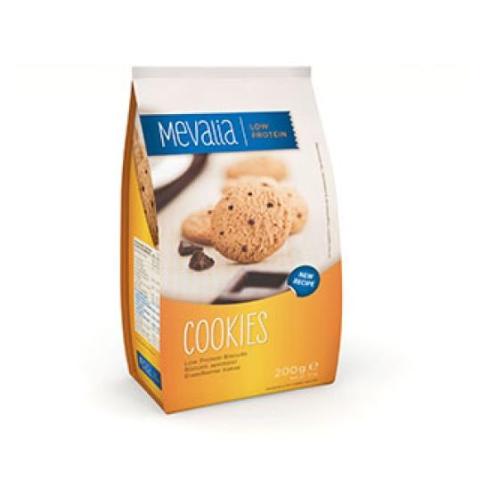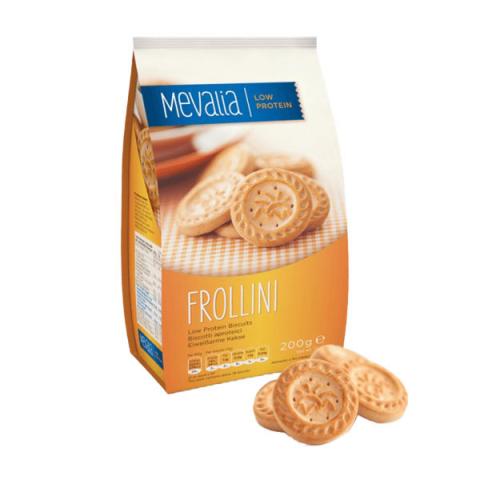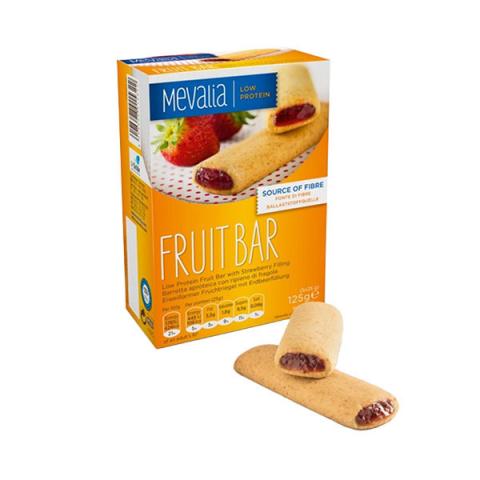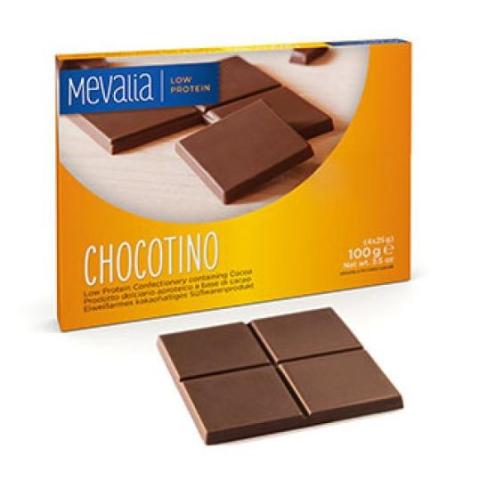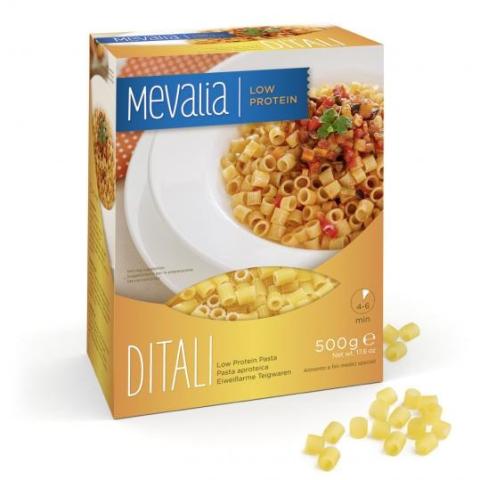My name is Lisa. I have PKU that was diagnosed when I was just 13 days old. Growing up with PKU was always challenging, there was a lot of information to take in. I always remember as a teenager being taught the importance of managing my PKU when the time came to start a family and how pre-planning is so important. At that time, having children was far from my mind. But I know my dietitians had to make me aware of the preconception diet and why it was so important to make sure I had a healthy baby. Shortly after I got married, I decided that I would plan to start a family. I was taking my protein substitutes and following a low protein diet at the time but not as strictly as I should have been.
I hadn’t attended a PKU clinic for some years, but I was still in contact with my dietitian that looked after me as a child. So, I got in touch with her and asked her to put me in touch with an adult centre, so I could begin the preconception diet.
"I always remember as a teenager being taught the importance of managing my PKU when the time came to start a family and how pre-planning is so important."
Beginning The Preconception Diet
When I began the preconception diet to reduce my blood phenylalanine (phe) levels, I did find it hard because I was constantly having to think of what to eat. Although I had a fair idea of the foods I should avoid, I was much more aware that I needed to check the labels carefully. When I first got back in contact with the hospital, my blood phe level was around 500µmol/l which I thought was pretty good. However, I knew for the preconception diet, it would have to be lowered much further. Over the course of several weeks I managed to get my bloods down to the preconception target range. I felt much better in myself, much brighter and I had a real purpose to keep doing my best.
I had great support from the hospital during this time, mostly from the dietitian. She was so helpful and always available at the end of the phone. The dietitian would help by sending emails and other information in the post about different foods and their exchange values. This kept the diet interesting and helped to keep my phe levels low. I had to listen to my dietitian and doctors and do exactly what was asked of me. For example, keeping my bloods in range, getting plenty of rest and eating the right foods. This is when my meal planning really began.
At the beginning I found it quite hard because I was not used to controlling my bloods tightly for many years and now I had to control them to get them into a very low range. Once I got the hang of looking at labels again and knowing what foods were low in exchanges and which were free, it just became part of my everyday routine.
"At the beginning I found it quite hard because I was not used to controlling my bloods tightly for many years and now I had to control them to get them into a very low range."
Getting The Green Light To Conceive
After having my first appointment with the hospital in November, I was given the green light to start trying to conceive in January. When the dietitian was happy with my blood levels, I continued to take regular bloods to check my progress. I was in contact with my dietitian twice a week for blood results and sometimes even more than that if I had any questions. Just like any other pregnant woman, I would also have my normal antenatal appointments.
Managing The PKU Diet Through Pregnancy
Before I became pregnant, I was eating very little protein and was on 6 exchanges. I had to drop down to just 3-4 exchanges each day and eat a lot more prescription foods which are mostly free. I also had to weigh everything that had protein in it to get the right amount.
My dietitian put me in touch with somebody else who also had PKU and had a baby. It was helpful to hear someone else’s story and how they dealt with their pregnancy. She gave me meal plan ideas with very little exchanges in them which was a great help and to this day we are still good friends and help one another with different meal and foods ideas to keep us on track.
As the baby started to grow, so did my protein requirements. Based on the bloods that I was submitting every week; my dietitian would call me and give me instructions on what to do next. As my pregnancy progressed, I needed 15 exchanges a day which was a lot for me and I introduced cashew nuts to help meet my protein intake. I was doing well.
In the third trimester, a glucose test indicated I had gestational diabetes and I had to go to the hospital to be shown how to test for blood sugar and how to inject insulin. My dietitian reassured me that she would contact the diabetes dietitian in the hospital I was having the baby in and they would work together to help me in whatever way they could. This added a bit more complexity to my diet as I now had the added restriction of sugar, but I was still doing well.
By the end of my pregnancy I was eating 36 exchanges per day and it was difficult for me to find foods high enough in protein to meet my needs. I found that including dairy products worked best for me.
When the time came to have my baby, the hospital was supportive regarding PKU even though they didn’t know that much about my diet. I got in touch with my dietitian after my daughter was born to see how many exchanges I should now be taking and she advised me to go down to 10, which I didn’t find hard to do. I just went back to what I was used to doing because I wanted to be the best I could be for my daughter.
"As the baby started to grow, so did my protein requirements. Based on the bloods that I was submitting every week; my dietitian would call me and give me instructions on what to do next."
Advice To Other Women With PKU Planning To Start A Family
I had concerns about pregnancy just like any other woman who doesn’t have PKU would have. You worry that everything is ok with the baby and that it’s growing the way it should be. With PKU, you also have the added element of keeping track of your blood levels and making sure you are eating the right things for you. It’s natural to worry about giving birth when you reach that stage of your pregnancy, it’s all very normal. You have the same options that every other woman has regarding how you want your baby’s delivery to be.
My advice to other women who want to have a baby is to get in touch with their dietitian to begin the preconception diet and accept all the help they can offer you. Although it may be daunting at the beginning it is well worth every minute you go through.
Even though I found the diet difficult in the beginning, it was so worth it, and it is so manageable with the support of the dietitians and doctors. You can do it!
"My advice to other women who want to have a baby is to get in touch with their dietitian to begin the preconception diet and accept all the help they can offer you. Although it may be daunting at the beginning it is well worth every minute you go through."

